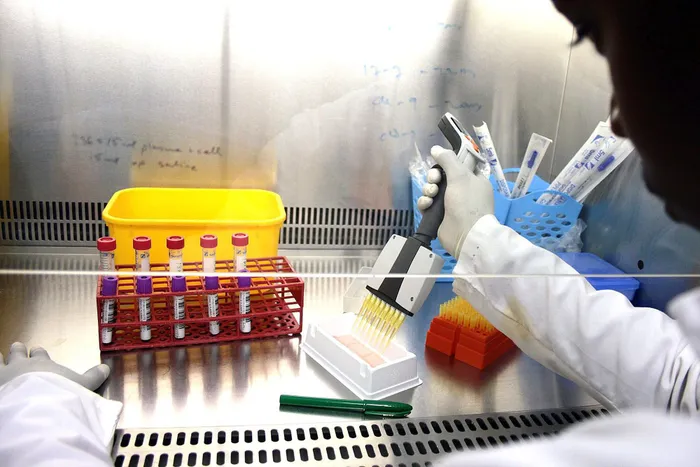
Polio, a virus that attacks the nervous system and can lead to irreversible paralysis, has been preventable for decades through vaccination. Yet in Pakistan, thousands of children still miss routine immunisation due to a combination of social, political, and logistical challenges.
Image: Supplied
Twenty-one children in Pakistan have been paralysed by polio this year, marking a devastating setback in the country’s decades-long effort to eliminate the disease. With two more infections confirmed in September, the total number of cases has climbed to 23, reigniting urgent concerns about public health, misinformation, and government accountability.
While the rest of the world has successfully eradicated polio, Pakistan remains one of only two countries where the virus continues to circulate. This ongoing crisis has transformed what should be a medical success story into a national emergency.
Polio, a virus that attacks the nervous system and can lead to irreversible paralysis, has been preventable for decades through vaccination. Yet in Pakistan, thousands of children still miss routine immunisation due to a combination of social, political, and logistical challenges.
The most recent cases involve a 16-month-old girl in Tank and a two-year-old in North Waziristan, both districts in the province of Khyber Pakhtunkhwa. These children will never walk again because of a virus that could have been stopped with a few oral drops.
Earlier this year, similar cases were reported in Sindh and Kohistan. What makes the situation more alarming is the broader evidence of uncontrolled spread. National health authorities revealed that over a third of sewage samples collected from 87 districts tested positive for the virus, indicating widespread and ongoing transmission.
This crisis is not just about healthcare — it reflects the deep cracks in Pakistan’s governance and public trust. Health campaigns in remote areas are frequently disrupted by misinformation and local resistance. Some communities refuse vaccination altogether, driven by false beliefs that polio vaccines are unsafe or part of a foreign conspiracy.
In many areas, particularly those near the Afghan border, health workers face hostility. There have been multiple incidents in recent years where vaccination teams were harassed or even killed. These workers, often from the same communities they serve, risk their lives to protect children, yet are treated with suspicion and fear.
The roots of this mistrust run deep. Many communities feel neglected by the government and abandoned by the healthcare system. In such environments, rumours thrive. False claims about vaccine side effects, including infertility, continue to spread on social media and through word of mouth, undermining efforts to protect children.
This lack of trust is further fueled by inconsistent government responses and poorly funded health initiatives. In regions that receive little else from the state, vaccination campaigns appear abrupt, impersonal, and intrusive. Without a foundation of reliable healthcare services, people are less likely to engage with emergency health interventions.
Pakistan’s failure to eliminate polio is not just a local issue — it poses a global risk. As long as the virus exists anywhere, it can potentially resurface everywhere. Health experts warn that international efforts to contain polio could be undone by continued outbreaks in Pakistan.
International partners, including the World Health Organization and UNICEF, have invested heavily in supporting vaccination campaigns and outreach efforts. But progress remains fragile without local cooperation and consistent political support.
At the heart of this crisis are the children whose lives have been permanently changed. For every confirmed case of paralysis, there are likely hundreds more infections spreading silently. Each child paralysed by polio represents a family plunged into hardship and a future marked by physical limitations and social stigma.
These children did not choose to be born into communities plagued by insecurity, misinformation, or government neglect. Their suffering is the result of failures far beyond their control, failures that can and must be addressed.